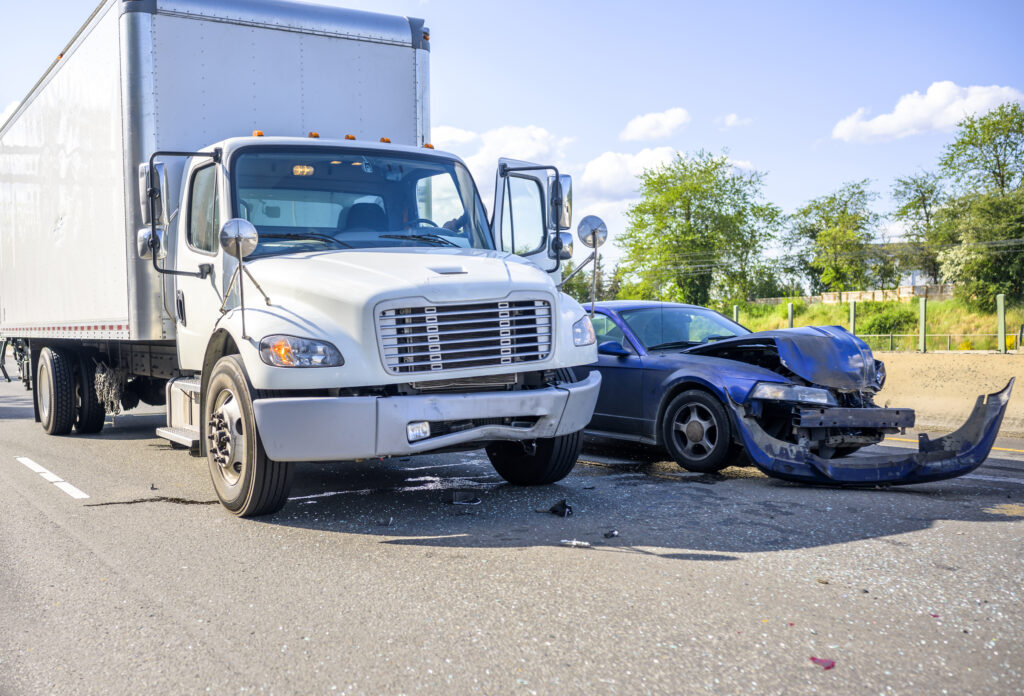Federal Motor Carrier Safety Administration (FMCSA) regulations provide rules for securing loads on vehicles. Likewise, ensuring cargo safety is critical for transportation operations across the nation. Therefore, FMCSA’s cargo securement rules provide comprehensive guidelines and standards for the secure transportation of goods on commercial vehicles. These regulations cover a wide range of cargo types, including general freight, vehicles, heavy machinery, and hazardous materials.

Direct tie-downs.
One of the key principles outlined in the FMCSA regulations is the concept of direct tie-down. Importantly, cargo must be securely fastened directly to the vehicle using appropriate tie-downs and securement devices. Further, the regulations specify the minimum number of tie-downs required based on the size and weight of the cargo. Above all, this ensures that loads are adequately restrained during transit.
Placing cargo.
Proper distribution and balancing of the cargo within the vehicle are essential for safety. For example, it prevents shifting and instability while on the road. But overloading or improperly distributing cargo can lead to accidents, personal injuries, and damage to property. Therefore, carriers and drivers must adhere to the FMCSA’s requirements for load distribution to maintain road safety.
Condition of tie-downs.
Furthermore, the FMCSA regulations stipulate that all tie-downs and securement devices must be in good working condition and properly maintained. That is to say, regular inspections of straps, chains, and other equipment are necessary. Certainly, this helps detect any signs of wear or damage that could compromise their effectiveness. Similarly, ensuring proper maintenance of securement equipment helps minimize the risk of accidents caused by equipment failure.
Specific rules for specific materials.
The FMCSA has established detailed requirements for specific types of cargo, such as logs, lumber, and metal coils. These standards are based on extensive research and testing. Consequently, this ensures they provide adequate protection for both the cargo and other road users.
Other resources for operators.
The FMCSA also provides guidance and educational resources to assist carriers and drivers in understanding the cargo securement rules. Therefore, these resources are available to support safe and effective cargo securement practices.
Failing to follow the rules.
Failure to comply with the FMCSA’s cargo securement regulations can result in serious consequences. For example, these include fines, penalties, and potential liability for crashes, injuries, and wrongful death caused by improperly secured loads. But following these regulations and implementing best practices for cargo securement can help ensure the safety of the motoring public.
Sometimes these rules are broken. When someone is hurt as a result, a personal injury lawyer can advise you on your rights.




